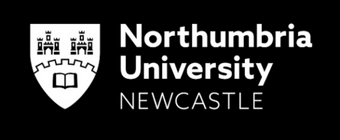Find out how Artificial Intelligence is shaping the future of technology.
As Artificial intelligence (AI) plays an ever-increasing role in helping individuals and organisations deal with new and exciting developments affecting today’s society, our BSc (Hons) Artificial Intelligence course immerses you in an exciting, innovative environment where you will develop your theoretical and technical knowledge and skills which will be directly relatable to your future career.
You will discover, learn, and master technology that is going change our relationship with computers forever. From intelligent chatbots that ‘understand’ and communicate just like humans, to uncovering information from Big Data that could predict disease and save lives.














